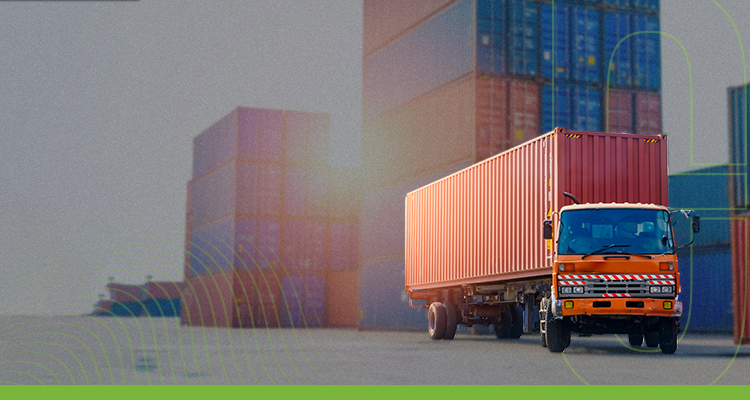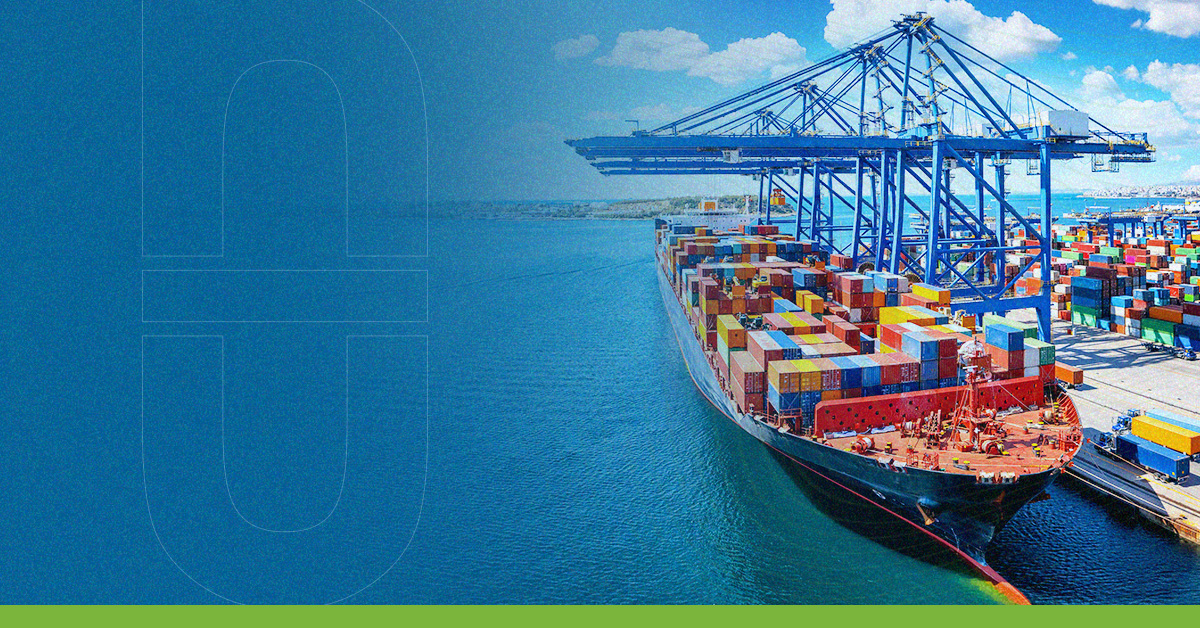The container crisis has its origins in the Covid-19 pandemic, which forced the logistics sector to reduce its operations to minimum levels due to a shortage of skilled labor that could cope with an unprecedented demand of online orders placed by home consumers and medium and large companies.
Additionally, and not less important, are the restrictions imposed at the time to the movement of people and goods in order to prevent further spreading of the virus.
China has undoubtedly been one of the great affected when it comes to exports, since this country is one of the world’s largest suppliers and the focus of this health crisis, China had to deal with serious difficulties when trying to raise the efficiency and response capacity to a situation never seen before. That is why, we should have a clear understanding of what this crisis means and why it could extend to 2023.
The container crisis had its origins in the pandemic
Within the context surrounding the origin of this crisis, it is necessary to answer the question: what exactly is it? Since despite what is commonly believed, it does not refer to a goods shortage, but rather to the fact that these goods have reached their destination points yet, due to the above-mentioned profound reduction of the labor force, which threatens to extend to 2023 due to the compounding number of delays resulting from the pandemic.
We can say then that, factors such as a decrease in the transport sector personnel, and more rigorous measures taken by other countries such as holding up many shipments to prevent the transmission of the virus, have certainly been the some of the reasons behind the very complex situation that the logistics processes are currently going through.
A crisis that threatens to extend to 2023
Experts agree that the container crisis is likely to extend into 2023 due to a series of drawbacks that, although they have their origin in the pandemic, have progressively worsened due to other scenarios:
- Delays in the processes of transportation and documentation of the merchandise.
- Closure of many of the most important ports around the world due to lack of space.
- Higher operating costs due to increased transportation rates.
- An evident lack of preparation on the part of many of the large companies by not anticipating the prolongation of this crisis, giving rise to a series of failed attempts based on “trial and error”.
- The new strains of Covid-19, that although is unlikely that will result in a wide markets closing as it happened in 2020, it could add new security protocols and therefore slowing down even more processes in the logistics sector.
As you can see, the container crisis continues and could continue to represent a growth obstacle for those companies dedicated to transport that are not properly advised and managed. Contact us and we will gladly help you find a suitable plan that fits your specific requirements when it comes to protecting your investment made in terms of export and import.
Sources:
‘’¿Qué Es La Crisis De Contenedores Y Cómo Está Afectando Al Comercio Internacional?’’. Safelink.
‘’El impacto de la crisis de contenedores podría ir hasta 2023’’. Portafolio.
‘’¿Qué es la crisis de contenedores y cómo afecta al comercio internacional?’’. BLP.
‘’La crisis de contenedores y su gran efecto mariposa’’. Gaceta Unam.




